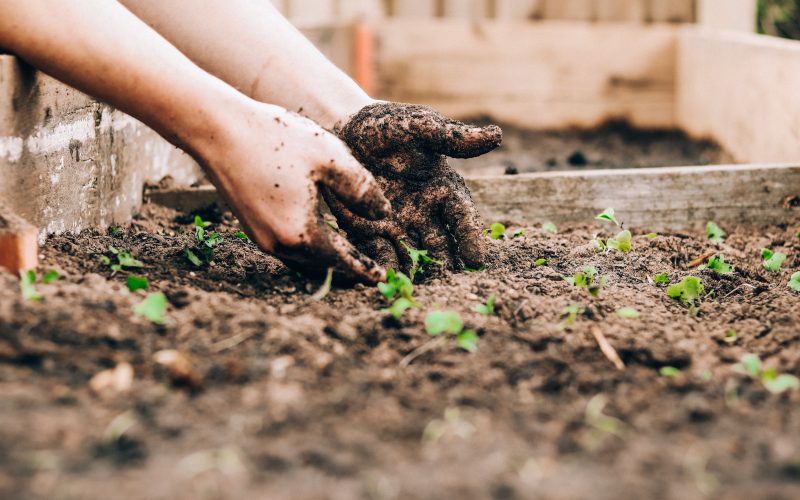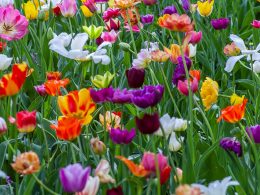Introduction: In today’s fast-paced and hectic world, finding solace and rejuvenation has become more essential than ever. Amidst the concrete jungles and constant digital connectivity, a growing number of individuals are turning to a natural remedy: garden therapy. This therapeutic practice harnesses the healing power of nature, allowing people to cultivate inner renewal while finding solace in the embrace of gardens and green spaces. Let’s explore the transformative effects of garden therapy and the profound impact it can have on our well-being.
I. The Roots of Garden Therapy: Garden therapy, also known as horticultural therapy, traces its origins back centuries. Ancient civilizations recognized the soothing qualities of gardens, incorporating them into their healing rituals and practices. Today, this concept has evolved into a structured therapeutic discipline, backed by scientific research, which is gaining recognition in healthcare and mental wellness domains.
II. The Healing Power of Nature: Nature has an innate ability to soothe and heal, and garden therapy harnesses this power to benefit individuals struggling with various physical and mental health challenges. Research suggests that spending time in green spaces can reduce stress levels, alleviate symptoms of depression and anxiety, and even enhance cognitive functioning.
III. Cultivating Inner Renewal: Engaging in garden therapy allows individuals to reconnect with nature on a deeper level, fostering a sense of renewal within themselves. The act of planting, nurturing, and witnessing the growth of plants and flowers provides a metaphorical journey of self-discovery and personal growth. Whether it’s a small window box or a sprawling garden, tending to plants cultivates a sense of purpose, responsibility, and accomplishment.
IV. A Sanctuary for the Mind: Gardens offer a sanctuary for individuals seeking respite from the noise and demands of everyday life. In a garden, one can find a tranquil space to reflect, meditate, or simply escape from the pressures of the modern world. The rhythmic sounds of birds chirping, the earthy scent of soil, and the vibrant colors of blossoming flowers can create a serene atmosphere that calms the mind and rejuvenates the spirit.
V. Garden Therapy and Community: Beyond the personal benefits, garden therapy can also foster a sense of community and connection. Community gardens and therapeutic horticulture programs bring people together, providing opportunities for social interaction, shared knowledge, and collaboration. Engaging in gardening activities with others promotes a sense of belonging and support, breaking down social barriers and fostering a sense of unity.
VI. Incorporating Garden Therapy in Everyday Life: Garden therapy is accessible to everyone, regardless of their living situation or gardening experience. From potted plants in small apartments to backyard gardens, there are various ways to incorporate the healing power of nature into our lives. Even small interactions with plants, such as nurturing a houseplant or tending to a herb garden, can provide a therapeutic outlet and a source of joy.
Conclusion: Garden therapy is a powerful tool for cultivating inner renewal and finding solace in nature’s embrace. Through its profound healing effects on the mind, body, and spirit, it offers a respite from the demands of modern life and provides an avenue for personal growth and self-discovery. By embracing garden therapy, individuals can harness the transformative power of nature to enhance their well-being and foster a deeper connection with the world around them.












